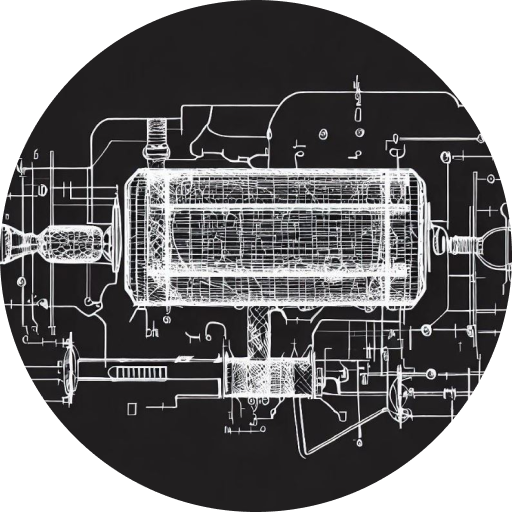Understanding What Causes a Catalytic Converter to Fail
Catalytic converters, key components of an automobile’s exhaust system, can fail due to a variety of reasons. According to the Automotive Diagnostic Resource, a catalytic converter’s failure is typically a symptom of a larger issue within the vehicle, rather than the problem itself. This article will delve into the common causes behind a catalytic converter’s failure.
The Function of a Catalytic Converter
A catalytic converter plays a crucial role in mitigating harmful emissions produced by the vehicle. It converts the toxic gases produced by the engine into less harmful substances before they are emitted into the atmosphere. A failure in this vital component can lead to increased pollution and a potential decline in vehicle performance.
Bad Fuel Mixture
A poor fuel mixture is one of the main culprits behind catalytic converter failure. If the fuel mixture is too rich (too much fuel, not enough air), it can cause an overabundance of unburned fuel to enter the converter, leading to overheating and potential failure.
Engine Misfire
Engine misfires can also cause catalytic converter failures. A misfire can result in unburned fuel entering the catalytic converter, leading to the same overheating issues caused by a poor fuel mixture. Additionally, constant misfires can cause a buildup of debris within the converter, further contributing to failure.
Contaminants in Fuel
Certain contaminants in the fuel can damage the catalytic converter. For instance, leaded gasoline, engine coolant, or oil can coat the converter’s inner catalyst and hinder its ability to function properly.
Aging and General Wear
Like all vehicle components, catalytic converters are not immune to the effects of time and general wear and tear. Over time, the catalyst materials inside the converter can wear out and stop functioning effectively, leading to reduced performance and eventual failure.
Conclusion
Understanding what causes a catalytic converter to fail is crucial in ensuring the longevity and optimal performance of your vehicle. Regular maintenance and quick response to any engine irregularities can help prevent such failures. For more on this topic, consider reading “Driving Without a Catalytic Converter: How Long Can You Go?” and “The Lifespan of Catalytic Converters: What to Expect“.
- Upgrade Your Honda Accord with the Best Catalytic Converter for Enhanced Performance - October 30, 2023
- Boost Your Chrysler 300’s Performance with a High-Quality Catalytic Converter - October 30, 2023
- Enhance Your Jeep Liberty Performance with a Catalytic Converter - October 30, 2023









